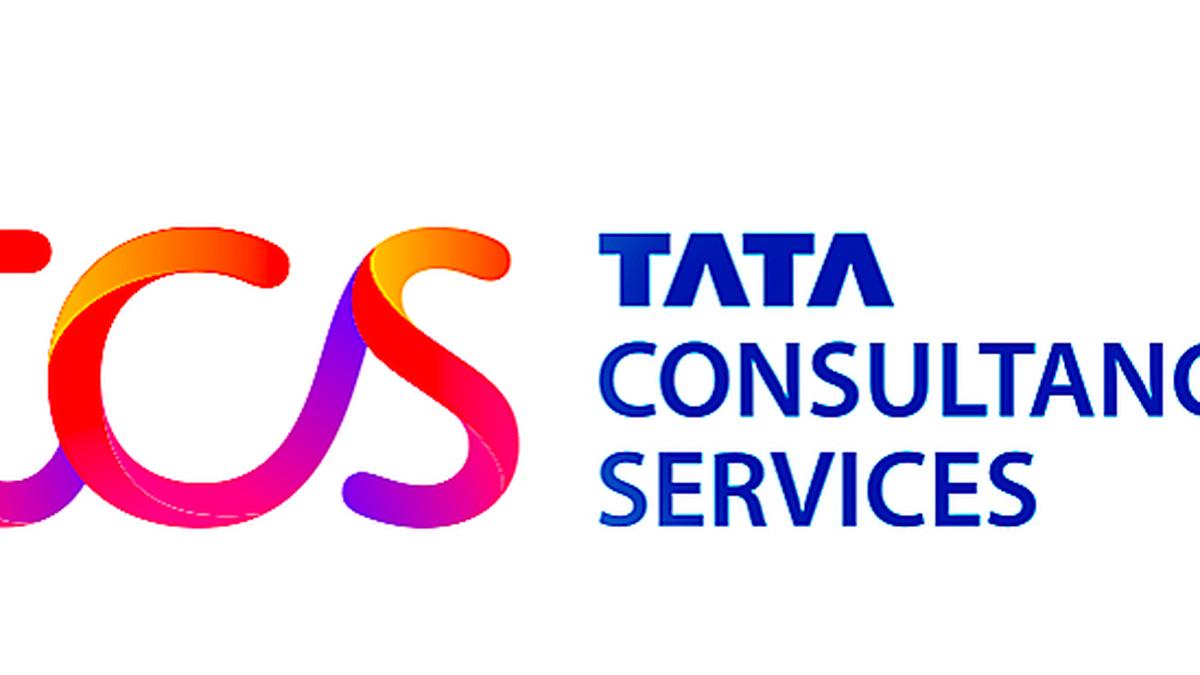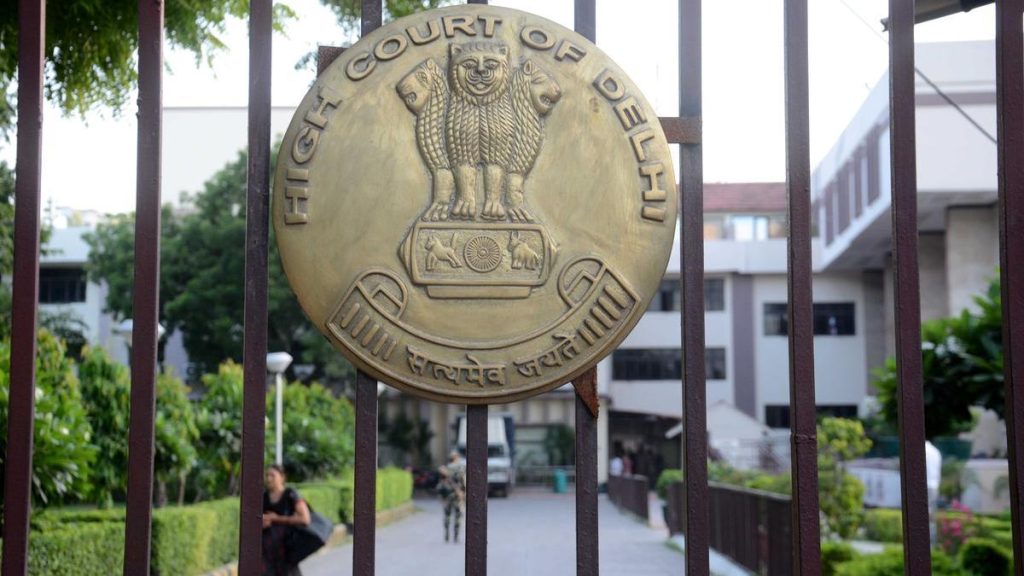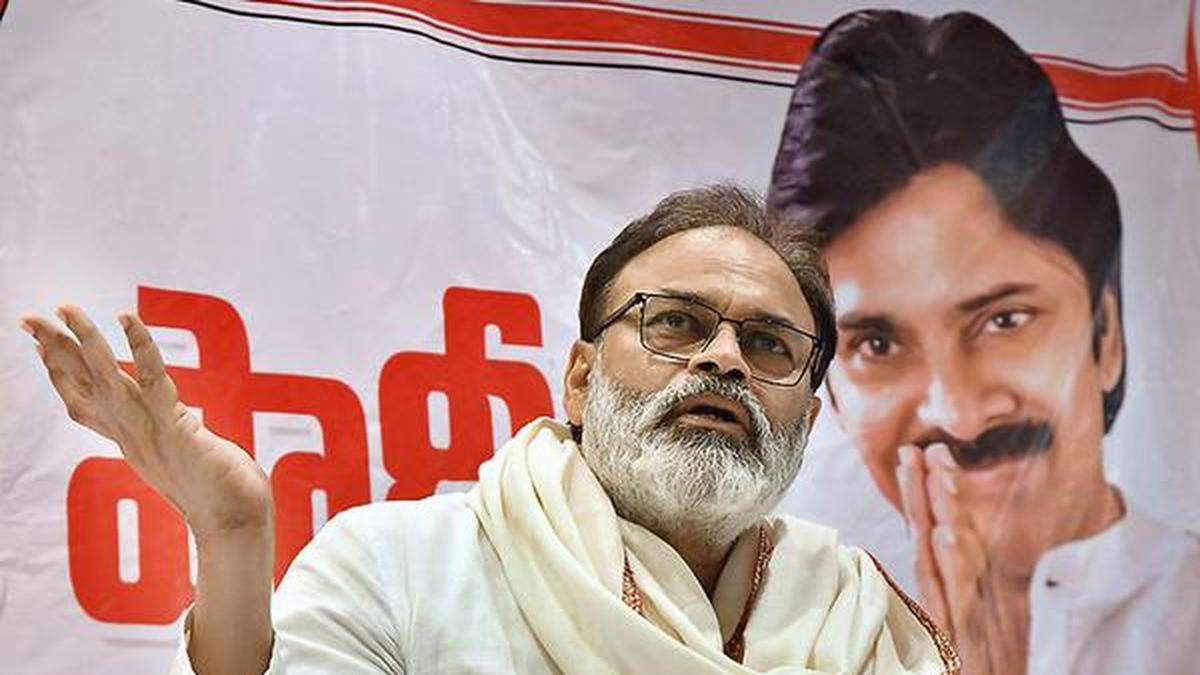Now Reading: Karnataka Labour Department Sends Notice to TCS Over Layoffs, Schedules Meeting
-
01
Karnataka Labour Department Sends Notice to TCS Over Layoffs, Schedules Meeting
Karnataka Labour Department Sends Notice to TCS Over Layoffs, Schedules Meeting

Swift Summary:
- Layoff Declaration: On July 27, Tata Consultancy Services (TCS) announced it will release 2% of its global workforce, amounting to over 12,000 employees.
- New Policy Concerns: The company introduced a ‘Bench Policy,’ limiting employees’ bench duration to 35 hours annually. Workers allege this timeframe is insufficient for finding suitable projects and transfers the obligation onto them.
- Union Action: Karnataka State IT/ITeS Employees Union (KITU) filed a case alleging forced resignations and mass retrenchments. Union representatives argued that TCS violated the Industrial Disputes Act, which mandates prior goverment approval for layoffs by companies employing more than 100 workers.
- Government Involvement: The Labor Department issued a notice to TCS after complaints surfaced.A conciliation meeting has been scheduled for august 6 involving KITU representatives, TCS management, and officials from the Labour Department.
- Employees Report Issues: KITU reported receiving over 25 calls on its helpline from employees claiming forced resignations. Hundreds of alleged cases from Bengaluru offices have been highlighted by affected staff.
- TCS Response: The company emphasized future-readiness initiatives such as AI deployment and workforce realignment while assuring reskilling opportunities and benefits for affected staff.
Indian Opinion Analysis:
The recent developments at TCS signify significant challenges in balancing organizational restructuring with employment security in India’s growing IT sector.While the company’s focus on creating a “Future-Ready institution” aligns with technological shifts like AI adoption, concerns raised by employees regarding forced resignations and insufficient project search windows highlight gaps in execution.
Given its scale as India’s largest IT services provider, any policy changes or layoffs in TCS could set precedents across the industry-potentially influencing HR practices in similar companies operating under high competition and changing tech landscapes. Regulatory scrutiny through union intervention underlines labor-law protections that firms must heed during restructuring efforts.
The upcoming conciliation meeting between stakeholders will be critical in resolving tensions democratically while safeguarding employee rights under legal frameworks like the Industrial Disputes Act; this may also shape clearer guidelines for transparency during future organizational transitions.
Read more at The Hindu.






















